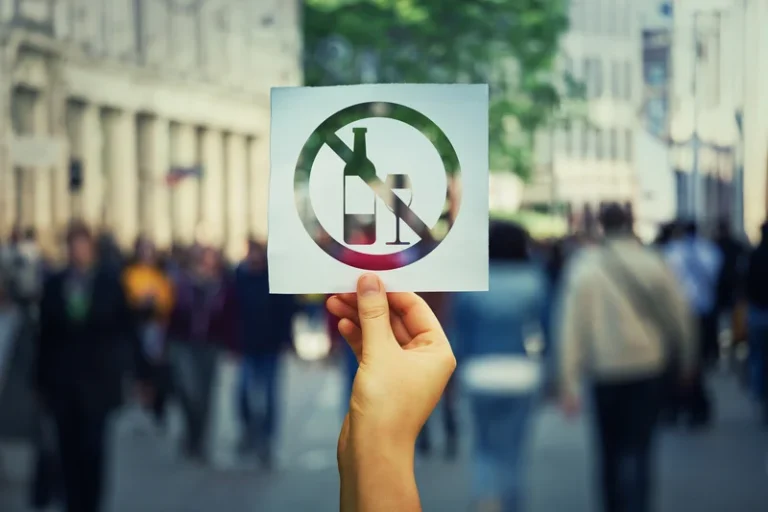
Certain immune system cells — T cells and B cells — originate in your bone marrow. Antibodies detect and get rid of substances that are harmful to your body, including bacteria and viruses. Your immune system has several different cell types, each of which has a different but very important job to help keep you healthy.
Alcohol and Viral Hepatitis: Role of Lipid Rafts

A second study by Joosten et al. also analyzed gene expression profiles in PBMCs isolated from 24 healthy male subjects who consumed 50mL of vodka with 200mL orange juice or only orange twice daily for 4 weeks during dinner (considered to be moderate). Pathways involving antigen presentation, B and T cell receptor signaling, and IL-15 signaling were altered with moderate vodka consumption (Joosten, van Erk et al. 2012). The most significant change was in glucocorticoid receptor (GR) signaling, which is known to down-regulate immune activity and inflammation by down-regulating NF?B (Pelaia, Vatrella et al. 2003).

Global and Local Efforts to Take Action Against Hepatitis
- Molina and colleagues review research showing that alcohol impairs recovery from three types of physical trauma—burn, hemorrhagic shock, and traumatic brain injury—by affecting immune homeostasis.
- Monocytes express Toll-like receptor (TLR) 4, which is the PRR responsible for recognizing the endotoxin LPS on the surface of Gram negative bacteria.
- Alcohol consumption can allow the hepatitis virus to persist as a chronic condition, and alcohol use disorder combined with hepatitis often accelerates liver disease progression.
- Alcohol also reduces sleep quality, which increases a person’s chances of getting sick and recovering from illnesses.
- While your body is metabolizing alcohol, it has a lower ability to fight off infections and viruses, making you more vulnerable to developing a cold or more serious condition.
This study represents the first exploration of BEAN1 expression and function in cancer, demonstrating abnormal expression of BEAN1 in 13 types of cancer and its correlation with prognosis in six cancer types, serving as either a risk factor or a protective factor for prognosis. Specifically, in READ, multiple datasets confirmed a significant upregulation of BEAN1 expression in comparison with the adjacent tissues. High BEAN1 expression was linked to poorer OS and RFS in READ patients, promoting resistance to ICIs and 5-FU chemotherapy, suggesting that BEAN1 could serve as an indicator of prognosis and highlighting its promise as a therapeutic target in READ. Given the current limitations of READ treatment, particularly the variable response to chemotherapy and immunotherapy, targeting BEAN1 may offer a novel approach to improve patient outcomes.
Is There Any Amount of Alcohol That’s OK to Drink?
Since DNA controls cell function and growth, damaged DNA can cause cells to grow uncontrollably and develop tumors. As soon as you drink a sip of alcohol, your body begins to prioritize breaking down alcohol. This means that its functioning shifts to focus on breaking down the alcohol and takes its energy from other critical functions such as fighting diseases. While your body is metabolizing alcohol, it has a lower ability to fight off infections and viruses, making you more vulnerable to developing a cold or more serious condition. Someone who drinks a large number of alcoholic beverages on one occasion or drinks frequently may experience hangover symptoms such as nausea, headache, and dehydration. However, alcohol can also weaken the immune system, cause serious health conditions and make the body more vulnerable to infections and viruses.
In contrast, men who consumed a similarly moderate amount of beer for the same period exhibited a significant increase in basophils alone. And it’s not just that you’re more likely to get a cold — excessive drinking is linked to pneumonia and other pulmonary diseases. It can also lead to a wide range of health problems, including high blood pressure and heart disease, liver disease, and increased risk of cancer. Alcohol alters the makeup of your gut microbiome — home to trillions of microorganisms performing several crucial roles for your health — and affects those microorganisms’ ability to support your immune system. It seems that drinking alcohol may also damage the immune cells that line the intestines and serve as the first line of defense against bacteria and viruses. MRNA expression data from the GSE20842, GSE123390, GSE15781, GSE35452, GSE79330, GSE133057, GSE56699, and GSE87211 datasets of GEO database were downloaded from the NCBI database for external validation of DPF2 expression differences and survival analysis [18].

Alcohol distracts the body from other functions
The ECM is composed of various molecules such as collagens, elastins, laminins, fibronectins, and matrix metalloproteinases that are capable of breaking down these protein fibers and is pivotal in tissue remodeling [9]. Alterations in the ECM and the development of the TME eventually result in the progression, invasion, and spread of READ. Collagen can be altered by cancer cells, and with tumor progression, abnormal remodeling of collagen results in an overabundance, changes in ratio and arrangement, thereby regulating tumor https://ecosoberhouse.com/ proliferation, infiltration, and eventually the spread of metastatic disease [10]. Collagen can also inhibit the anti-tumor immune response by reducing the production of chemokines by immune cells [11]. Patients with CRC exhibiting upregulated combined expression of collagen and collagenase genes have shorter overall survival (OS) [12]. While binge drinking is typically more harmful than occasional drinking, any amount of alcohol can have adverse effects on the body and its ability to fight infections and diseases.

Despite these observations, which shed some light on alcohol’s effects on B-cells and their functions, some questions remain to be answered. For example, the acetaldehyde that is formed during alcohol metabolism can interact with other proteins in the cells, interfering with their function. Therefore, it is possible that acetaldehyde also interacts with antibodies and thereby may alter antibody responses; however, this remains to be established (Thiele et al. 2008). Similarly, more work is needed to determine whether alcohol inhibits specific aspects of B-cell differentiation, such as immunoglobulin class switching and cell survival. Alcohol’s effects on the structural host defense of the gastrointestinal (GI) tract.
Can You Drink When You’re Sick?
- However, there are signs that you can look for if you are concerned that your drinking might be affecting your immunity.
- When your liver finishes that process, alcohol gets turned into water and carbon dioxide.
- It causes pus to accumulate in the respiratory system’s pleural cavity, the space between the chest cavity’s inner wall surface and the lungs.
- The impact alcohol has on the body is mainly due to the way the body processes alcohol.
Alcohol consumption also damages epithelial cells, T cells, and neutrophils in the GI system, disrupting gut barrier function and facilitating leakage of microbes into the circulation (see the article by Hammer and colleagues). Ethanol consumption by weanling ICR (outbred) mice (adjusted to 6% in their drinking water) for 8 weeks also resulted in 75% fewer CD3+ T cells (Percival and Sims 2000). Likewise, male rats fed an ethanol-containing liquid diet (8.7% v/v for up to 4 weeks) experienced a progressive loss of does alcohol weaken your immune system both CD4+ and CD8+ T cells (Boyadjieva, Dokur et al. 2002). Increased apoptosis of T and B lymphocytes isolated from the thymus, spleen, and lymph nodes of female mice was observed following 16 hour culture with 0.4%-2% ethanol, concentrations 5 to 25 times the definition of intoxication (Slukvin and Jerrells 1995). Alcohol also causes damage to the cells in the outside layer of your stomach and intestines. As a result, bacteria may leak from the GI tract into your bloodstream, which can itself make you sick.
Interplay Between Alcohol-Induced Stress & Immunity

